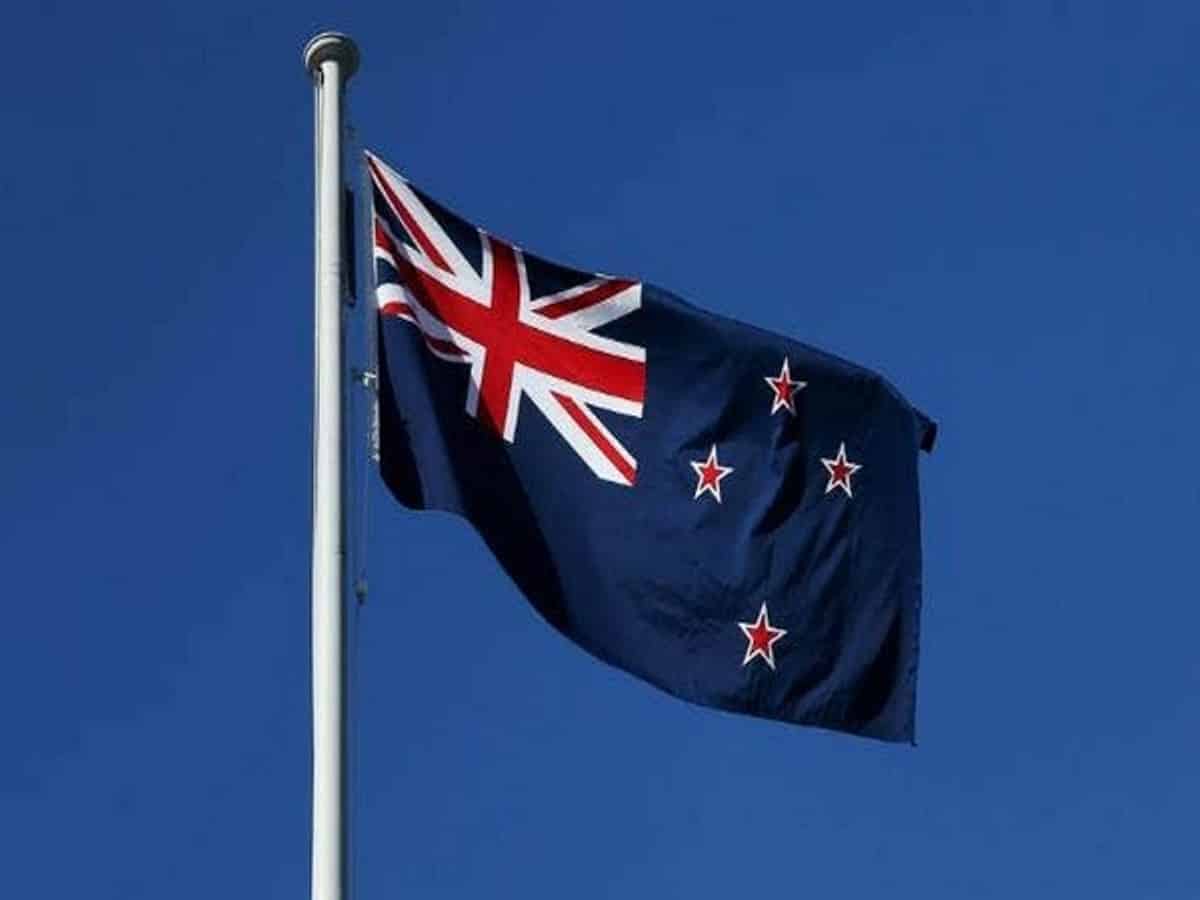
Auckland: The New Zealand Government will provide a temporary package of further support to exploited migrant workers and strengthen immigration rules to prevent migrant exploitation, Immigration Minister Andrew Little says.
“Migrant exploitation is a crime. It is repugnant to this government, to good employers, to most New Zealanders, and we won’t tolerate it.
“I have already directed Immigration New Zealand to strengthen the system of checks it carries out on both employers seeking accreditation as well as individual job check applications. Many of the enhanced checking systems are already in place,” Andrew Little said.
“The suite of additional measures announced today will allow victims of migrant exploitation to feel safe to come forward, knowing that they will be listened to and supported.
“The government will put in place a six-month programme of short-term basic financial support that can be put towards accommodation and essential living costs for people on the Migrant Exploitation Protection Visa (MEPV). In most cases the support will be delivered by third-party providers contracted by MBIE working with MSD’s Community Connectors.
“We also know it can be difficult for migrants to get out of an exploitative situation and have time to find another job before their MEPV expires. That’s why we will allow MEPV holders to apply for a further MEPV visa that will last for the lesser of six months or the expiry date of their original work visa.
“In order to help get those individuals back into employment as soon as possible, we’ll also extend MSD’s free job search assistance to all MEPV holders,” Andrew Little said.
The Government has also announced plans to remove the use of 90-day trial periods for employers utilising the Accredited Employer Work Visa (AEWV).
“Too often recently we’ve seen migrants arriving and starting work, only to be dismissed within days. Workers on AEW visas are already subject to restrictions that other workers don’t have. Removing the ability for AEWV employers to include a 90 day trial period in an employment agreement with AEWV migrants provides some balance in those employment relationships,” Andrew Little said.
“We’re also strengthening the requirements on ‘triangular employers’, who employ migrants to work at other businesses’ premises. All triangular employers will have a dedicated check on their financial viability every time they apply to become an Accredited Employer or renew their accreditation. Triangular employers who are mainly involved in providing labour hire on construction sites will not be able to employ further migrants if it would mean New Zealanders made up less than 35% of their workforce.”
“Migrant exploitation is unfortunately not new and is a global phenomenon. It has no place in New Zealand, and this suite of changes will help to further reduce the risk and continue to make every effort to stamp it out,” Andrew Little said.
It is expected that these changes will encourage more reports of migrant exploitation. The dedicated website to report migrant exploitation be soon be updated to make it easier to report in other languages than English. Anyone can report migrant exploitation to Immigration New Zealand, the Police or anonymously to Crimestoppers.



